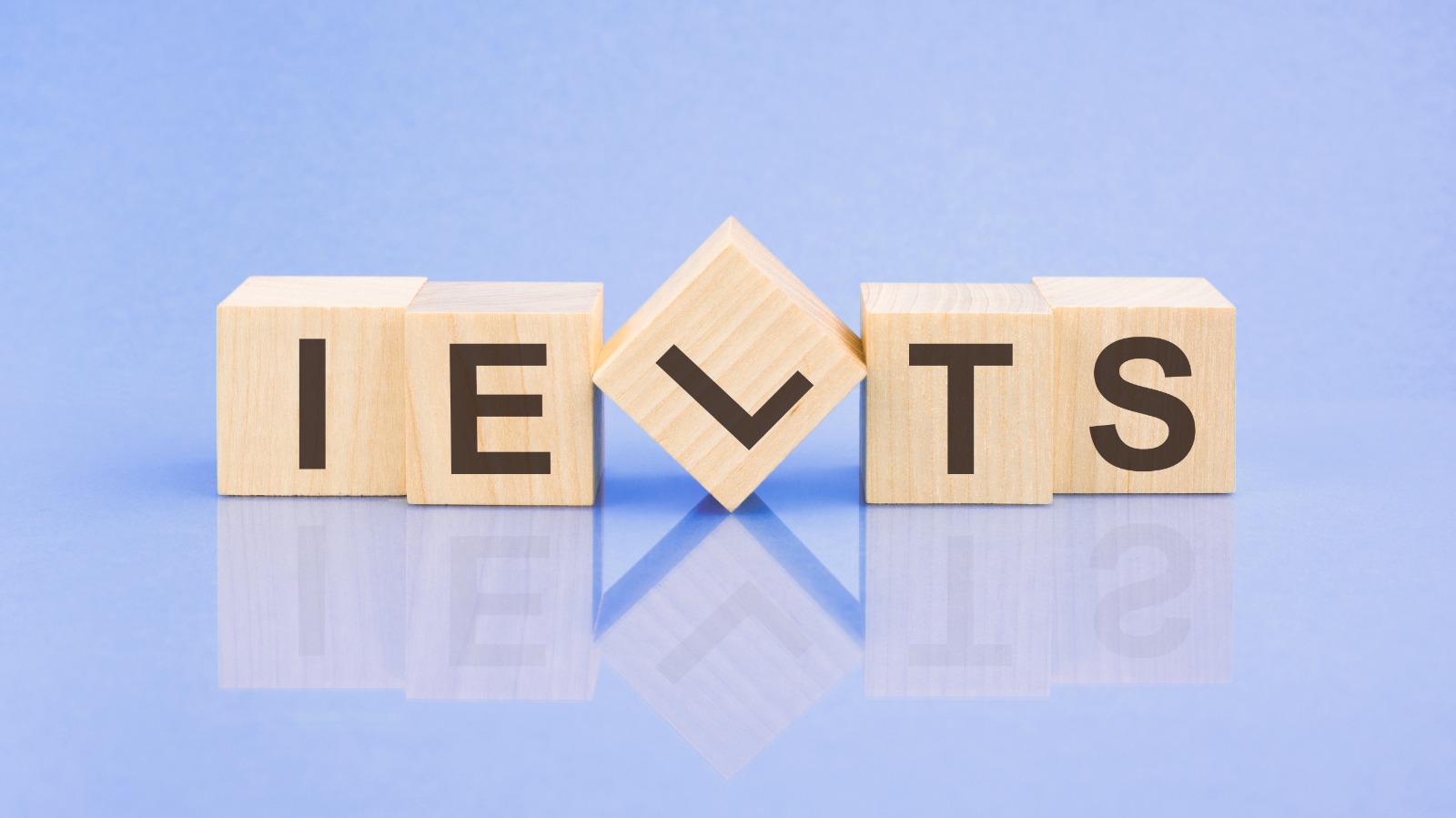Using the correct tenses in an IELTS letter is important for conveying your message clearly and effectively. Here are some tips on how to use the right tenses:
- Understand the purpose of the letter: Before you start writing, make sure you understand the purpose of the letter and who you are writing to. This will help you choose the appropriate level of formality and the right tenses to use.
- Use the present simple tense for general statements: Use the present simple tense to describe general facts, opinions, or habitual actions. For example:
- The weather in my city is usually warm and sunny.
- I believe that education is the key to success.
- Use the past simple tense for completed actions: Use the past simple tense to describe actions or events that have already happened. For example:
- I visited your office last week to discuss the matter.
- We received your letter on 1st May.
- Use the present perfect tense for actions that started in the past and continue up to the present: Use the present perfect tense to describe actions that started in the past and are still relevant. For example:
- We have been working on this project for the past ten months.
- I have attached the report that you requested.
- Use the present continuous tense for actions in progress: Use the present continuous tense to describe actions that are in progress at the moment of writing. For example:
- We are currently conducting a survey to gather more information.
- Our team is working hard to meet the deadline.
- Be consistent with your choice of tenses: Use the same tense throughout your letter,
In the IELTS Writing test, you may be required to write a letter in either the General Training. The tense you use in your letter will depend on the context and the purpose of the letter.
In formal letters for the IELTS Writing test, you should generally use the present simple tense for general statements and the past simple tense for actions or events that have already happened. Here are some guidelines to follow:
- Present simple tense: Use the present simple tense to describe general facts, opinions or habitual actions. For example:
- I am writing to inquire about your company's services.
- We understand that you have recently launched a new product.
- Past simple tense: Use the past simple tense to describe completed actions or events that happened in the past. For example:
- We received your letter on 1st May.
- I visited your office last week to discuss the matter.
- Present perfect tense: Use the present perfect tense to describe actions that started in the past and continue up to the present, or to describe a result of a past action that is still relevant. For example:
- We have been working on this project for the past six months.
- I have attached the report that you requested.
- Present continuous tense: Use the present continuous tense to describe actions that are in progress at the moment of writing. For example:
- We are currently conducting a survey to gather more information.
- Our team is working hard to meet the deadline.
It's important to use appropriate sentence structures and grammar rules to make your letter coherent and easy to read. Avoid switching between tenses too often and ensure that the choice of tense is consistent throughout your letter.
In semi-formal letters for the IELTS Writing test, you can use a mix of tenses depending on the purpose of the letter. Here are some guidelines to follow:
- Present simple tense: Use the present simple tense to describe general facts or habitual actions. For example:
- Thank you for your letter. I highly appreciate your interest in our company.
- I work for a local NGO that focuses on environmental conservation.
- Past simple tense: Use the past simple tense to describe completed actions or events that happened in the past. For example:
- I visited your office last month to discuss the matter.
- We received your donation last week and we are grateful for your support.
- Present perfect tense: Use the present perfect tense to describe actions that started in the past and continue up to the present, or to describe a result of a past action that is still relevant. For example:
- We have been working on this project for the past ten months, and we have made some good progress.
- I have attached the report that you requested, and I hope you find it helpful.
- Present continuous tense: Use the present continuous tense to describe actions that are in progress at the moment of writing. For example:
- We are currently organizing a fundraising event to support our cause.
- Our team is working hard to meet the deadline, and we are confident that we will deliver on time.
-
It's important to use appropriate sentence structures and grammar rules to make your letter coherent and easy to read. Avoid switching between tenses too often and ensure that the choice of tense is consistent throughout your letter.
In informal letters for the IELTS Writing test, you have more flexibility in your choice of tenses. Here are some guidelines to follow:
- Present simple tense: Use the present simple tense to describe general facts or habitual actions. For example:
- Hey, how are you? I hope you're doing well.
- I'm writing to tell you about my new job. I'm enjoying it so far.
- Past simple tense: Use the past simple tense to describe completed actions or events that happened in the past. For example:
- Last weekend, I went to the beach with some of my friends. It was a lot of fun.
- I watched a great movie last night. Have you seen it?
- Present perfect tense: Use the present perfect tense to describe experiences, achievements, or actions that started in the past and continue up to the present. For example:
- I have traveled to many countries and I've learned a lot about different cultures.
- I've been studying Spanish for a few months, and I'm starting to get the hang of it.
- Present continuous tense: Use the present continuous tense to describe actions that are in progress at the moment of writing. For example:
- I'm currently working on a new project, and it's taking up a lot of my time.
- My sister is visiting me next week, so I'm getting the house ready for her arrival.
-
It's important to use appropriate sentence structures and grammar rules to make your letter coherent and easy to read. Avoid switching between tenses too often and ensure that the choice of tense is consistent throughout your letter. Also, keep in mind the level of formality required for the task.
Do you have any Doubts?
We are here to assist you



